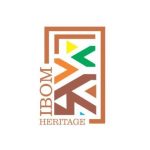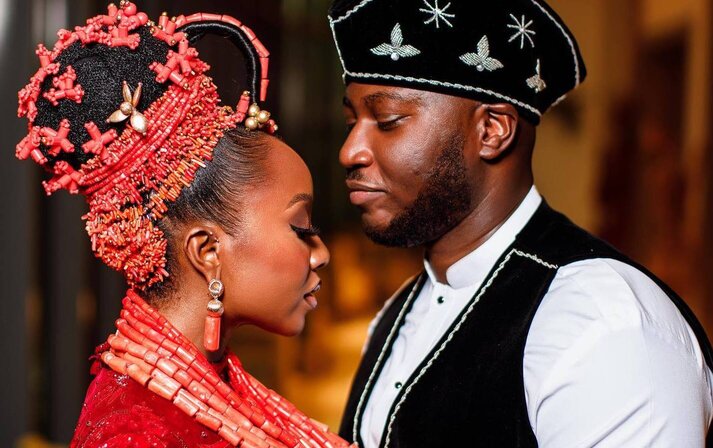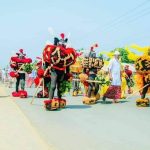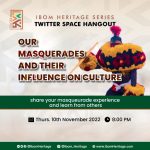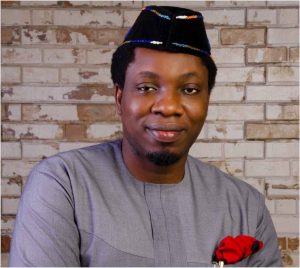The topic of divorce among the Ibibio people is treated in Oto-Obong Uwah’s book “Ibibio Nation: History & Culture” (Buy here). This article draws from the book largely.
Although western culture seems to have overrun our traditions largely, there is need to recall how our fathers treated these aspects of social life. Why not when we can find today’s lessons to draw from our original culture?
In the general African culture, divorce is acceptable when the wife was guilty of adultery or witchcraft. But in the Ibibio culture specifically, reasons for divorce go beyond just witchcraft and adultery.
In this article, we discuss 4 reasons the Ibibios allowed divorce;
Infertility:
One of the major reasons for divorce in Ibibio land was an inability to bear children. They would ask; if you can’t bear children why did we marry you? If the wife fails to conceive a child, she is considered barren and this will almost certainly lead to the termination of that marriage.
Child mortality:
In the past, child mortality was relatively high. Without waiting to know all possible causes, the society did blame the mother for frequent loss of her own children. They would blame her for being unable to nurture and care for her children. And when this happened, the man could divorce his wife if he wished.
Insult on Parents:
When the wife insults the parents of her husband, especially the mother-in-law, it could lead to a divorce. To penalize the act, elders would slam the offending wife with a fine of a he-goat.
Theft:
Ibibio people considered theft as such a shameful act that they punished the culprit severely. If a wife was caught stealing, her husband could divorce her for bringing shame on his family.
We wrote more on curious reasons for divorce in the Ibibio culture. Read it here.
Keywords: Marriage, Ibibio, Akwa Ibom, Divorce in Ibibio Culture
